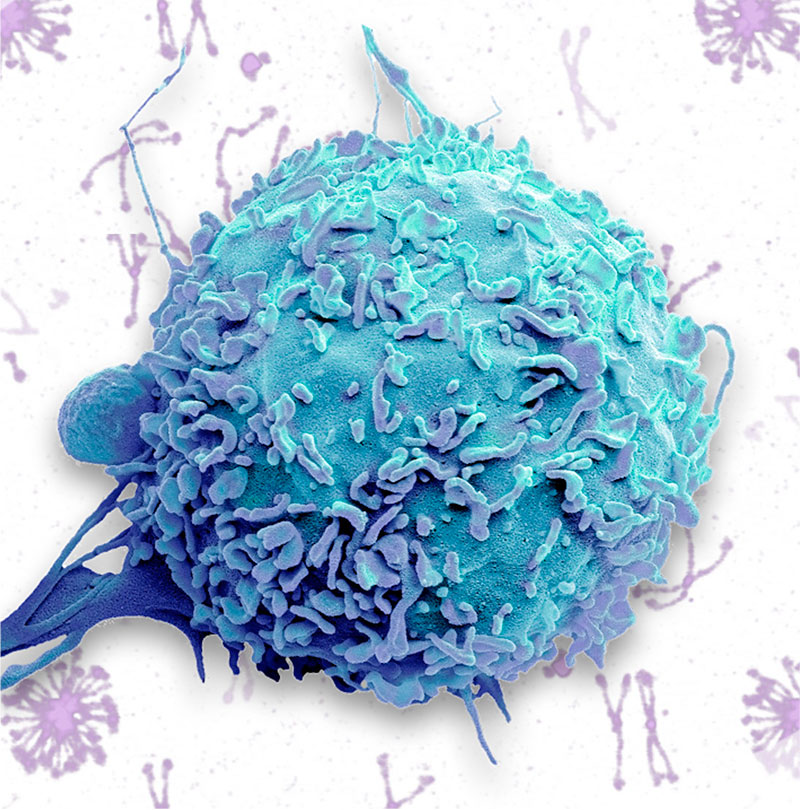New approaches for managing inflammation and infection
Inflammation is a fundamental biological process and an essential component of the body’s defense, protecting against infection and injury. When tightly regulated, it is essential for health, orchestrating immune defense. However, when inflammation becomes excessive, persistent, or dysregulated, it drives injury rather than protection. There is a critical need for new approaches that selectively modulate uncontrolled inflammation while preserving protective immunity.
Zelpultide alfa promotes this balance by supporting effective pathogen recognition and clearance without compromising host defense. By engaging pathogen-associated molecular patterns (PAMPs), it facilitates the identification of bacteria, viruses, and fungi, promoting opsonization and rapid and efficient elimination by immune cells.
Pathologic inflammation underlies a wide range of serious conditions, from chronic respiratory diseases to cardiovascular, metabolic, and autoimmune disorders, representing one of the most significant unmet needs in modern medicine. Current therapeutic options often rely on broad immunosuppression, which can blunt host defense and fail to address the underlying pathogenic pathways. Zelpultide alfa helps maintain immune vigilance and control of infectious agents while allowing the body’s natural inflammatory responses to resolve appropriately.

